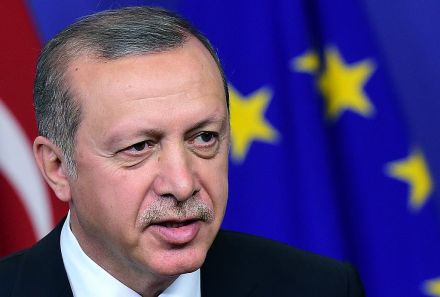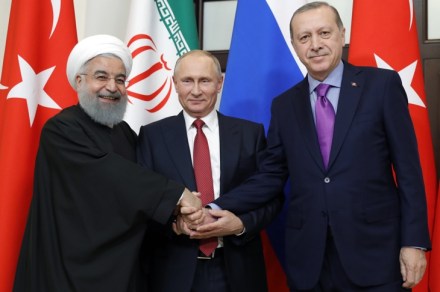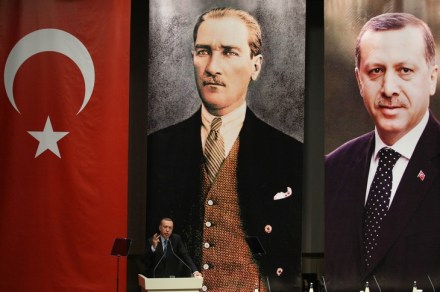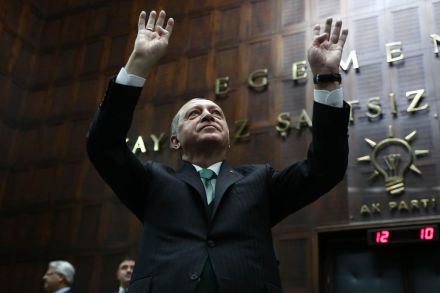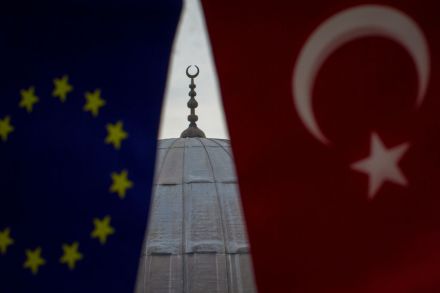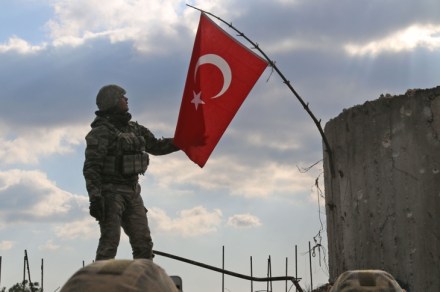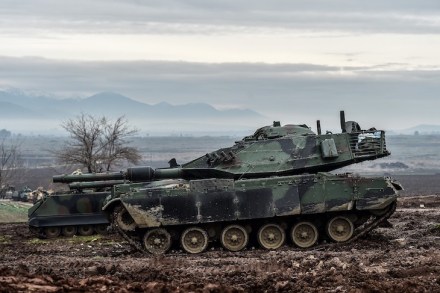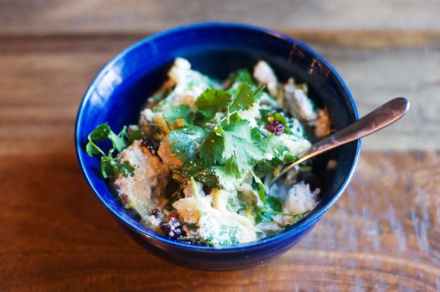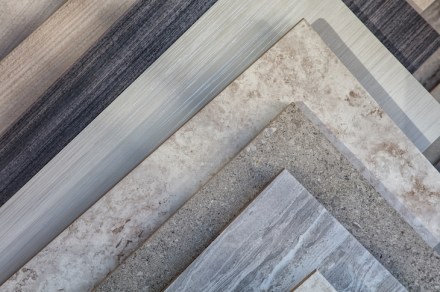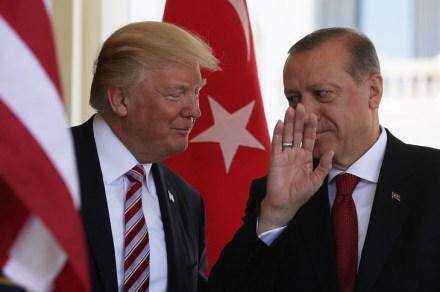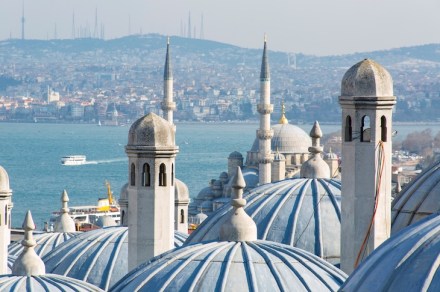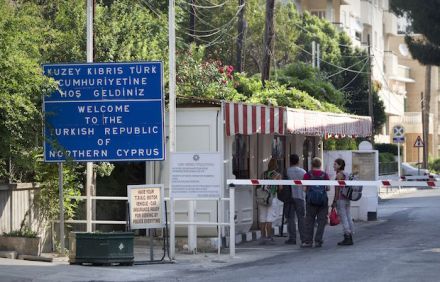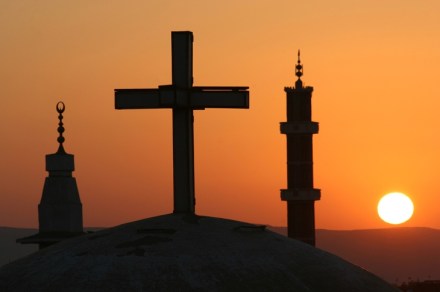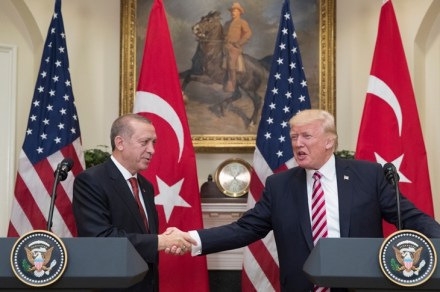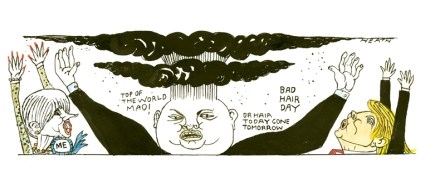The dilemma of Germany’s Turkish footballers
What’s the German for ‘The best laid schemes of mice and men gang aft agley’? Mezut Özil (Arsenal) and İlkay Gündoğan (Manchester City) are two of the finest footballers in England’s Premier League. They’re both of Turkish descent, so when Turkey’s president Erdoğan came to London on a state visit, a friendly meeting and a photo opportunity must have seemed like a good idea. However Özil and Gündoğan were both born in Germany, and both play for the German national team. The Deutscher Fussball Bund (and some German politicians and journalists) weren’t best pleased. Özil gave Erdoğan a football shirt, which was bad enough, but Gündoğan went one stage further. On




